Together, we're shifting paradigms by making human-relevant research more accessible
Scientists are incorporating more complex cellular models into their research, rapidly advancing our understanding of human disease and potential treatments.
Our customers are leading the way.
By equipping their lab with AI-powered automated cell culture, advanced microbial screening solutions, and assay-ready organoids, they’re simplifying workflows while boosting reproducibility and scalability.
Making human-relevant research more accessible is vital to shifting the paradigm toward using more accurate and predictive cell models.
Together, we’re breaking traditional barriers and empowering researchers to make groundbreaking discoveries leading to more effective treatments and therapies.
Insider Insights
From our Insider Insights blog series, experts share both quick reactions and deep reflections on what it’ll take to improve adoption of human-relevant models in research.
Aaron Risinger Director of Business Development for Cellular Workflow Automation
Aaron’s surname is of German origin, derived from the Middle High German word "rïz," meaning to rise or ascend.
Fitting, as in this post from our Insider Insights series—Transforming Access to Human-Relevant Models: Automation and Innovation in Complex Biology Workflows—Aaron talks through today’s automated technologies that are helping customers rise above challenges when working with complex biology.
Then, he takes us ever higher to imagine a personalized-medicine future made possible by the innovations we’re advancing now.

Dr. Vicky Marsh Durban Director of Custom Organoid Services
As an undergraduate and doctoral candidate, Vicky studied intestinal biology. She used animal models for research because they were the only relevant models available at the time.
The arrival of organoid culture changed everything for her lab—and for her. Since then, she's been advancing this innovative field and hasn't looked back.
In this post from our Insider Insights series—Redefining Research with Assay-Ready Human Relevant Models—Vicky talks us through how assay-ready organoids are tackling the biggest challenges today’s researchers face working with complex human-relevant models.

In the News
Recent announcements showcase partnerships, next-gen technologies, and expert perspectives on industry trends inspiring better science.

Technology Networks
Overcoming Bottlenecks in Organoid Production



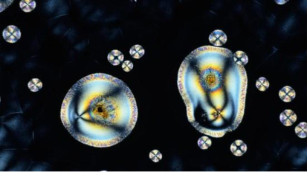
Pharmaphorum
Unlocking the future of neurodegeneration research
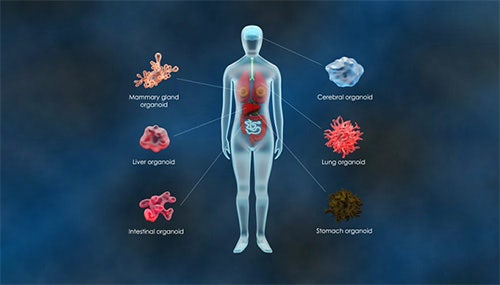
Drug Target Review
Building reliable organoid models for human-relevant drug discovery

Technology Networks
Automating Brain Organoids to Boost Neurodegenerative Research
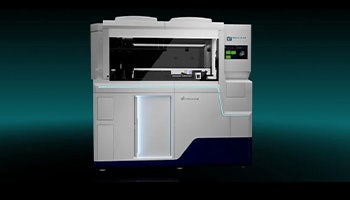
News Medical Life Sciences
Making Complex Cell Culture Easy and Efficient with AI
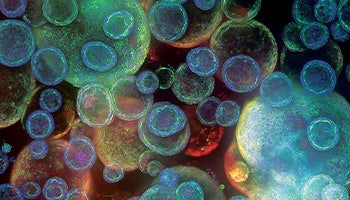
Genetic Engineering & Biotechnology News
2025 Trends: Organoids
Supporting the Science
From close collaborations to independent discoveries, we support scientists as they uncover new insights in complex biology.
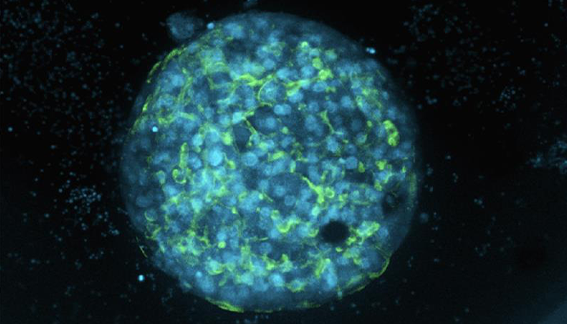
Cincinnati Children’s Hospital Medical Center
Researchers at the hospital’s Center for Stem Cell and Organoid Medicine (CuSTOM) used Molecular Devices’ plate reader, high-content imaging, and analysis technologies to capture and quantify organoid responses in a fully human liver organoid–T cell co-culture platform modeling immune-mediated drug-induced liver injury (iDILI).
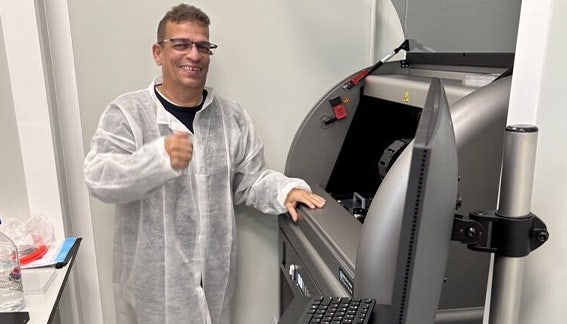
Leanbio
The ClonePix® 2 Mammalian Colony Picker allows Leanbio to quickly select high-throughput and monoclonal clones with day-zero verification.

HUB Organoids
Molecular Devices and HUB Organoids drive advancement of organoid use in research and drug discovery. Dr. Victoria Marsh Durban and Dr. Robert Vries discuss their collaboration and the future potential of organoids.

HeartBeat.bio
This collaboration is focused on creating automated solutions for better modeling disease physiology, discovering novel drug targets, and testing cardiac toxicity using advanced 3D cell cultures, to improve cardiac drug discovery and scale production of Cardioids.
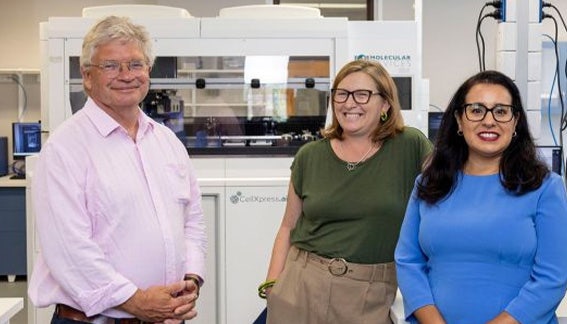
NSW Organoid Innovation Center
The NSW Organoid Innovation Centre—featuring a CellXpress.ai® Automated Cell Culture System—provides reliable access to stem cell and organoid cultures for researchers in NSW and Australia, supporting drug discovery, personalized medicine, and disease modeling.
Catalyzing Breakthroughs with Innovative Technology
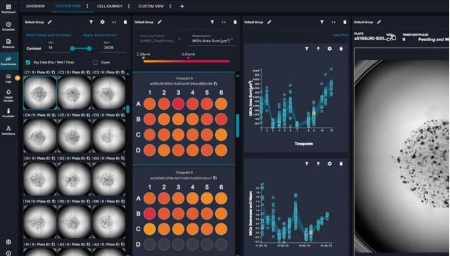
Machine Learning-Enabled Decision Making for Cell Culture
For What's Next: Standardizing the cell growth expansion process to remove variability, maintain sterility, and increase confidence in results.
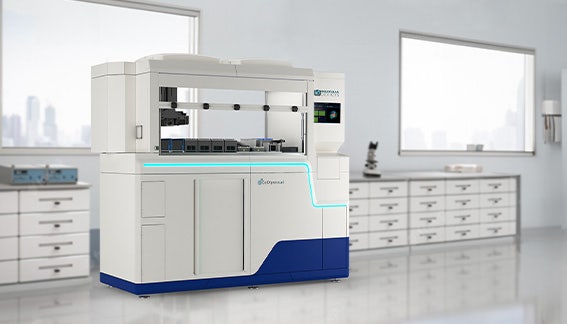
CellXpress.ai® Automated Cell Culture System
For What's Next: Boosting in-house organoid production by up to 25 times compared to culturing cells by hand.*
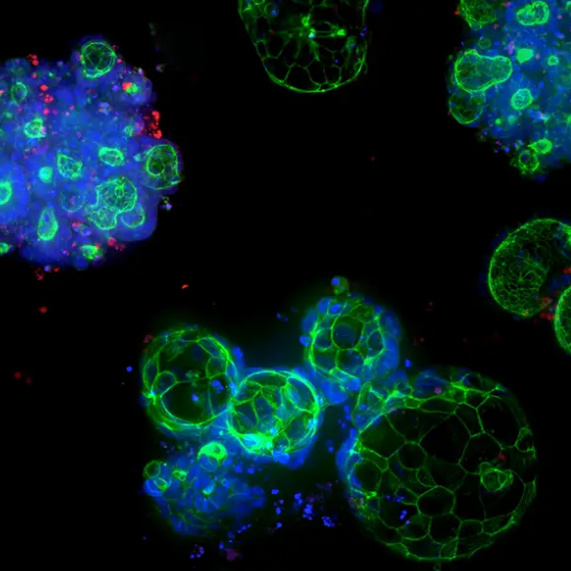
3D Ready Organoid Expansion Service
For What's Next: Reducing time to experiment from 17 days to just 2 days with vials of assay-ready human-relevant models.
*Based on a comparison of what a single FTE could generate over 19 days vs. the CellXpress.ai system.







